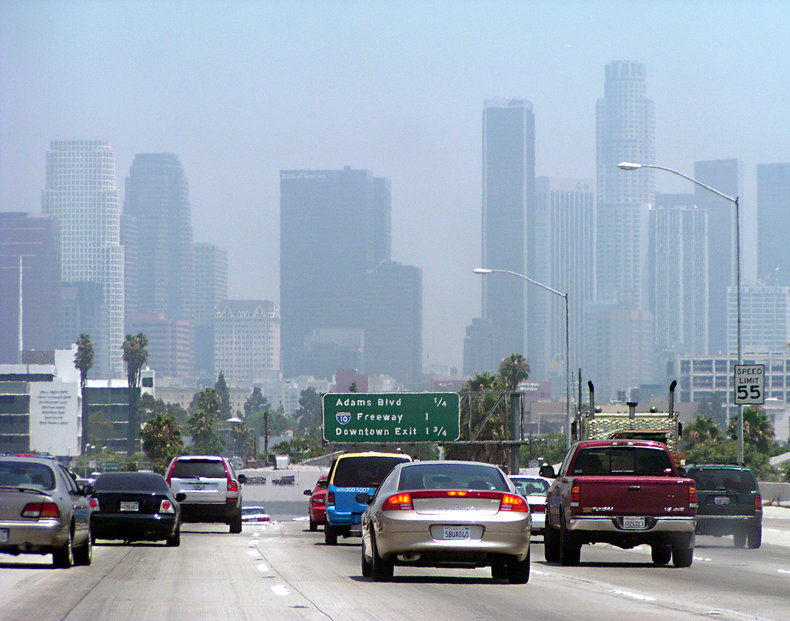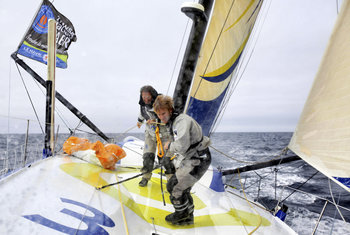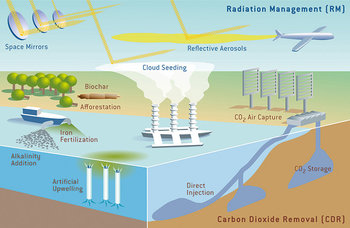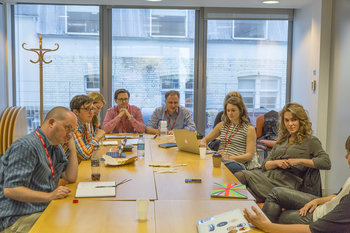
Leaded Gasoline
The addition of tetraethyl lead to gasoline beginning in the 1920s increased air and soil lead levels. After it was banned in most countries beginning in the 1980s, it became apparent that the lead detected in blood samples decreased. Lead is a known neurotoxin that impairs cognitive functions, particularly in children. Some neurologists have speculated that the lead phaseout caused average IQ levels to rise by several points in the United States. Other theories have suggested that drops in crime rates by country or state can be correlated with the phase out of leaded gasoline in each area. Antisocial behavior is a known lead exposure symptom.CFCs
CFCs are a class of chemical that were used as refrigerants and as aerosol propellants beginning in the 1920s. In the late 1970s it was discovered that these chemicals had contributed to Ozone depletion.The Unfortunate Inventions of Thomas Midgley
Thomas Midgley is an American chemist and company executive who was heavily involved in both the introduction of Leaded Gasoline and CFCs. Both were eventually banned in many countries and were related to major environmental impacts.In a strangely dark end to the story, Thomas Midgley died in 1944 at the age of 55 after becoming entangled in the ropes of an invention he created to help himself get out of bed.The life of Thomas Midgley and his unfortunate inventions are often used to demonstrate the dangers of unintended consequences.| Overview: Unintended Consequences | ||
Type | Unintended Consequences | |
Definition | Results of an action that aren't considered or foreseen. | |
Notes | Some have argued that the cognitive dangers of lead were well known in the 1920s and that leaded gasoline isn't a good example of an unintended consequence. | |
Related Concepts | ||




























